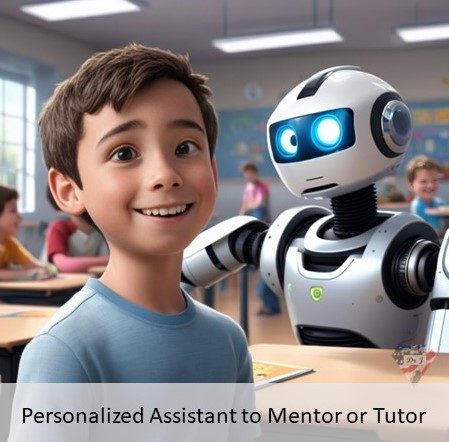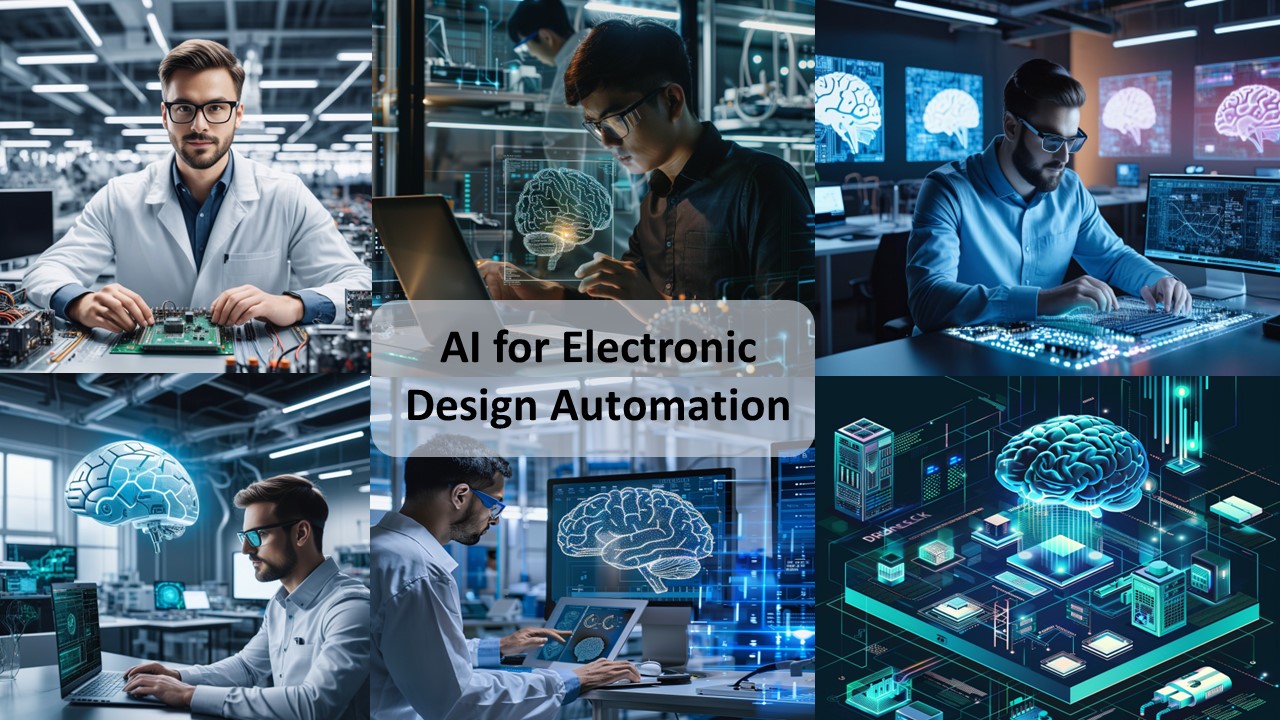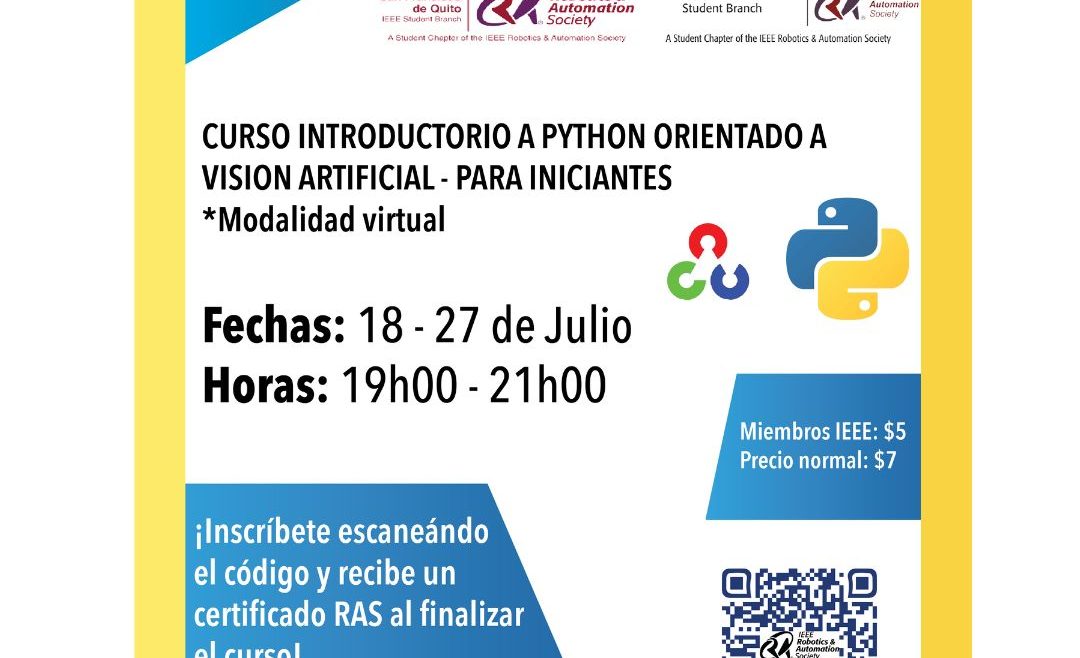AI-Assisted Tutoring represents a transformative approach to education in Science, Technology, Engineering, and Mathematics (STEM) fields. This innovative educational model integrates artificial intelligence (AI) technologies to create personalized learning experiences, addressing the unique needs and learning styles of each student. The core of AI-assisted tutoring lies in its ability to analyze vast amounts of data, including student performance metrics, learning preferences, and engagement levels, to tailor educational content and methodologies.
The system employs algorithms and machine learning techniques to identify knowledge gaps, predict learning outcomes, and adapt instructional strategies in real-time. This dynamic approach ensures that students receive targeted support in areas where they need it most, promoting deeper understanding and retention of complex STEM concepts. Moreover, AI-assisted tutoring can simulate one-on-one interaction, providing immediate feedback and guidance, thereby fostering a supportive and responsive learning environment.
The integration of AI in STEM education has the potential to revolutionize traditional teaching paradigms by making learning more accessible, efficient, and effective. It can bridge educational gaps, enhance student performance, and inspire a generation of learners to excel in STEM disciplines. This abstract explores the potential of AI-assisted tutoring to transform STEM education, highlighting its benefits, challenges, and future prospects in nurturing the next wave of innovators and problem-solvers.





